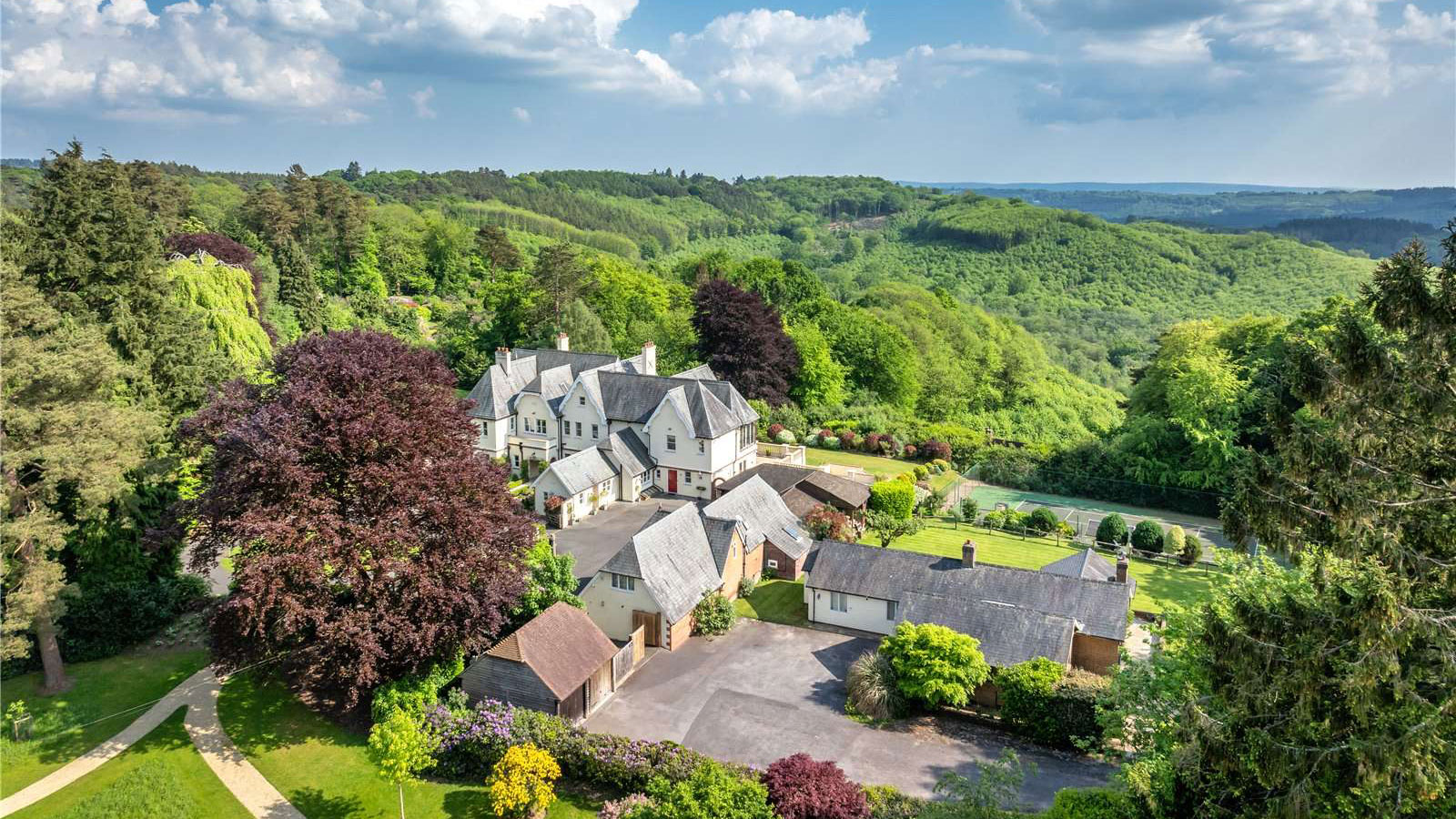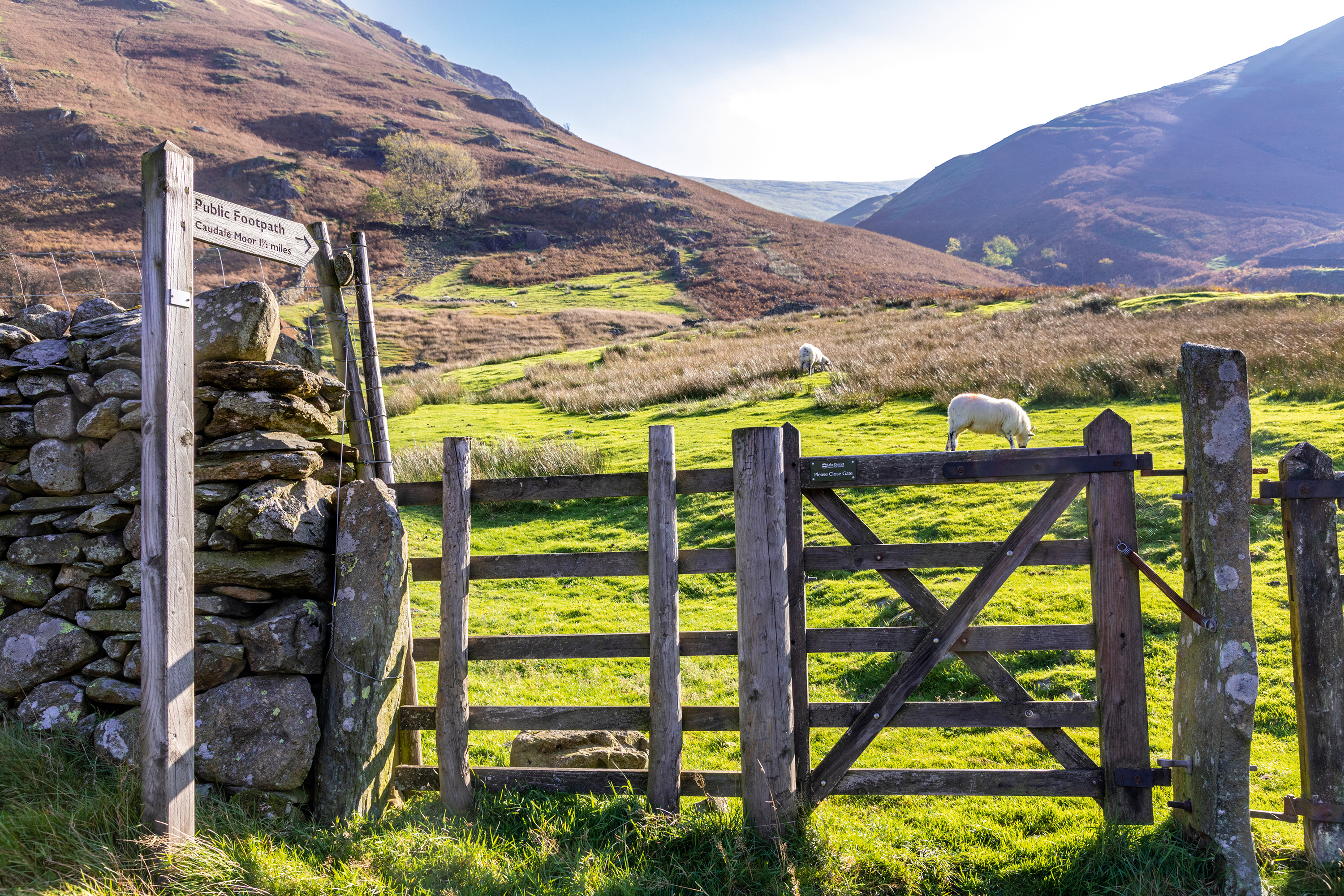Horse chestnuts: new disease
Horse chestnuts are infected by a new disease, according to a new Forestry Commission study

Horse chestnuts in Britain have been infected by a new disease, according to a new Forestry Commission study. Forty-nine per cent of horse chestnuts carry symptoms of the bleeding canker disease.
Bleeding canker disease is a bacteria that attacks the horse chestnut bark, causing running sores and weakening branches.
Horse chestnut trees that do survive an initial assault may have to be felled for public safety.
Horse chestnuts were introduced from the Balkans in the 16th century, and there are now one million of them in Britain and many are found in woodlands like that in the picture.
English Heritage has commissioned a report into the feasibility of propagating resistant varieties, although 49 per cent of horse chestnuts in Britain have already been infected by the bleeding canker disease.
To comment on this article, use the comment box below, or email us at clonews@ipcmedia.com. Read more about the countryside
Sign up for the Country Life Newsletter
Exquisite houses, the beauty of Nature, and how to get the most from your life, straight to your inbox.
Country Life is unlike any other magazine: the only glossy weekly on the newsstand and the only magazine that has been guest-edited by HRH The King not once, but twice. It is a celebration of modern rural life and all its diverse joys and pleasures — that was first published in Queen Victoria's Diamond Jubilee year. Our eclectic mixture of witty and informative content — from the most up-to-date property news and commentary and a coveted glimpse inside some of the UK's best houses and gardens, to gardening, the arts and interior design, written by experts in their field — still cannot be found in print or online, anywhere else.
-
 Six rural properties with space, charm and endless views, as seen in Country Life
Six rural properties with space, charm and endless views, as seen in Country LifeWe take a look at some of the best houses to come to the market via Country Life in the past week.
By Toby Keel
-
 Exploring the countryside is essential for our wellbeing, but Right to Roam is going backwards
Exploring the countryside is essential for our wellbeing, but Right to Roam is going backwardsCampaigners in England often point to Scotland as an example of how brilliantly Right to Roam works, but it's not all it's cracked up to be, says Patrick Galbraith.
By Patrick Galbraith